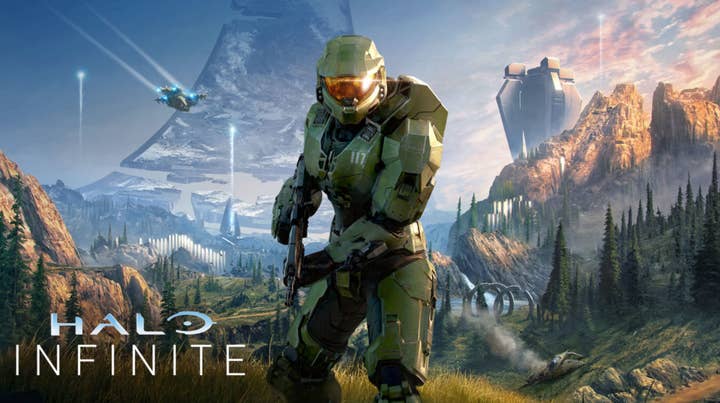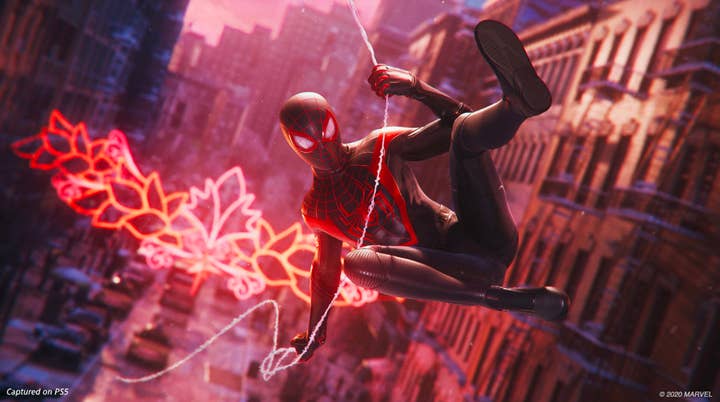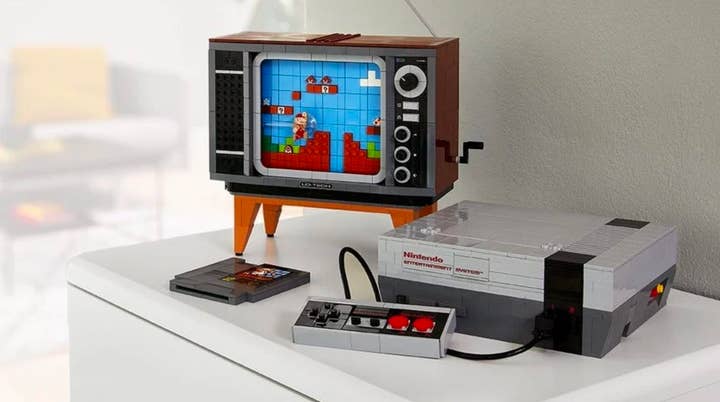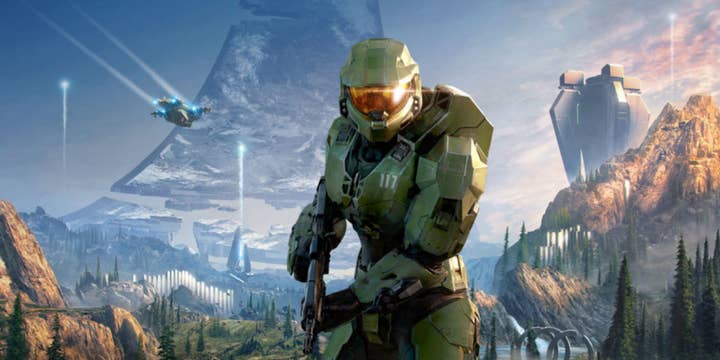The console war is over | Opinion
Xbox, PlayStation and Nintendo all want different things from the next generation -- is it really a war if everyone wins?
The rhetoric and debate around the 'console war' can be quite entertaining.
Not when it gets divisive and hateful. Memes and jibes are one thing, but wishing abject failure and bankruptcy upon hardware makers is something else entirely.
For me, it's a bit like being a sports fan. There are always those that take it too far, but mostly it's about cheering on your favourite team, teasing rival fans, and getting frustrated whenever your club sells their best player, pretends their latest signing is bigger than it is, or when they score own goal after own goal.
This is a console transition year, and as such the console war rhetoric is at its peak. Whether in the media, amongst consumers or within the industry itself, with groups over-analysing every decision and the potential repercussions on those all-important hardware sales figures. Yet this time, more than with any previous generation, this 'war' is becoming increasingly irrelevant.
"Microsoft, Sony and Nintendo are all playing the same game but competing for different trophies"
Let's take Xbox. The company's current strategy is really not compatible with trying to out-sell PlayStation 5. The company is making all of its first-party exclusive games available via PC, its streaming service xCloud, and -- for a few years at least -- its current (and much cheaper) Xbox One device.
Xbox boss Phil Spencer told us earlier this month that he finds it "counter to what gaming is all about" to "force someone to buy my specific device on the day I want them to go buy it".
The fact that there will be no fully exclusive Series X games takes away one of the big motivating factors behind buying the console. It has also sparked a conversation around whether first-party studios will feel able to make the most of the new machine if they need to keep the old one in mind when developing their games. Microsoft feels strongly that it won't be an issue, but even if it is, in the minds of Spencer and his team, that small negative is more than offset by the benefits of being available across platforms.

This position makes strategic sense when considering Xbox's focus on growing its Game Pass subscribers, which now total more than 10 million customers. If Microsoft turns around to those 10 million people and says that they have to buy an expensive new box in-order to access the next set of big Xbox games, that might result in decent console sales, but will likely hurt its subscriber base. That isn't an acceptable outcome to the company.
Now compare Spencer's comments to those of his counterpart at PlayStation, Jim Ryan, who told us last year: "One of our tasks is to take that PS4 community and transition it to PS5 at a scale and pace that we've never delivered before."
"Right now, the days of console makers fighting over the same thing is over"
PlayStation wants to get its PS5 install base up quickly, and then release huge AAA games that have been purpose built for the platform. It feels the most effective business model for doing this is to sell these games to as many players as possible, individually, and at a price that will probably be around $60. It's a strategy that has served the company very well over the past seven years. Putting these exclusive games into a multi-platform subscription service on the day they're released, like Xbox does, is not compatible with that objective.
Both Sony and Microsoft are competing, much in the same way that all forms of entertainment compete with one another. Halo: Infinite is going up against Spider-Man: Miles Morales, just as it is Netflix, the cinema, comic books and going down the pub. Xbox and PlayStation are both releasing consoles at the end of the year with some big games on them, so they are certainly rivals.

Yet what success looks like to these companies is different. One is prioritising selling a service, whereas the other is prioritising the device. One of the reasons Phil Spencer cited Google as the biggest competitor to Xbox is not because PlayStation is suddenly insignificant, but because Google's current strategy is more in-line with what Microsoft is trying to do.
Then there's Nintendo. One question we've been asked in recent weeks is what Nintendo has planned to counter PS5 and Series X. The answer is nothing, and not because we believe it has no games coming out (although it'd be great if it announced something at some point). Nintendo has avoided going head-to-head with its fellow console makers since the GameCube. Its focus is with slightly different audiences, such as family gamers, kids, parents and lapsed players. Microsoft and Sony dabble in these areas with IP like Minecraft and LittleBigPlanet, but ever since they abandoned concepts like Kinect, Move and portable gaming, they've largely left Nintendo's segment of the industry alone.

Nintendo has slightly different priorities, too. Console sales are important to it, but of more importance is the growth of its core IP, hence its expansion into the smartphone business. Outside of pure hardware sales, some of the most pleasing results for Nintendo during the Switch years has been the growth of almost all of its brands, including Animal Crossing, Zelda, Super Mario and associated IP such as Pokémon. It's through the success of these properties that Nintendo has been able to co-develop fancy LEGO sets, animated movies and theme parks. A Christmas that focuses on the 35th anniversary of Super Mario (which is what is expected from the firm) is very much in-keeping with that vision.
Of course, they're still going head-to-head in some big areas. Yet to return to the sports metaphor: they're all playing the same game but competing for different trophies. Everyone's win conditions are different. This Christmas, Sony may well have the best-selling new console in PS5, Game Pass could cement its place as the biggest game subscription service with millions of new subscribers, and Nintendo will inevitably sell tens of millions of Mario games. And all three will be absolutely delighted with that.
I am already picturing the painful online arguments, where one group is bragging about console sales, the other is celebrating subscribers, and the other is pointing out how much bigger their brands are. Is it really a war if everyone wins?
These differing strategies actually support the wider business. Xbox making subscriptions a viable model, PlayStation creating these cinematic, high-end experiences, and Nintendo engaging younger and older audiences, is something that supports the overall console ecosystem, which they can all benefit from.
There will be gamers choosing between Series X, PS5 and Switch this Christmas. Super Mario, Spider-Man and Halo will all be fighting over people's time and money. And in the future strategies will inevitably change.
But right now, the days of console makers fighting over the same thing is over. The console war, at least as we have known it, is done.









